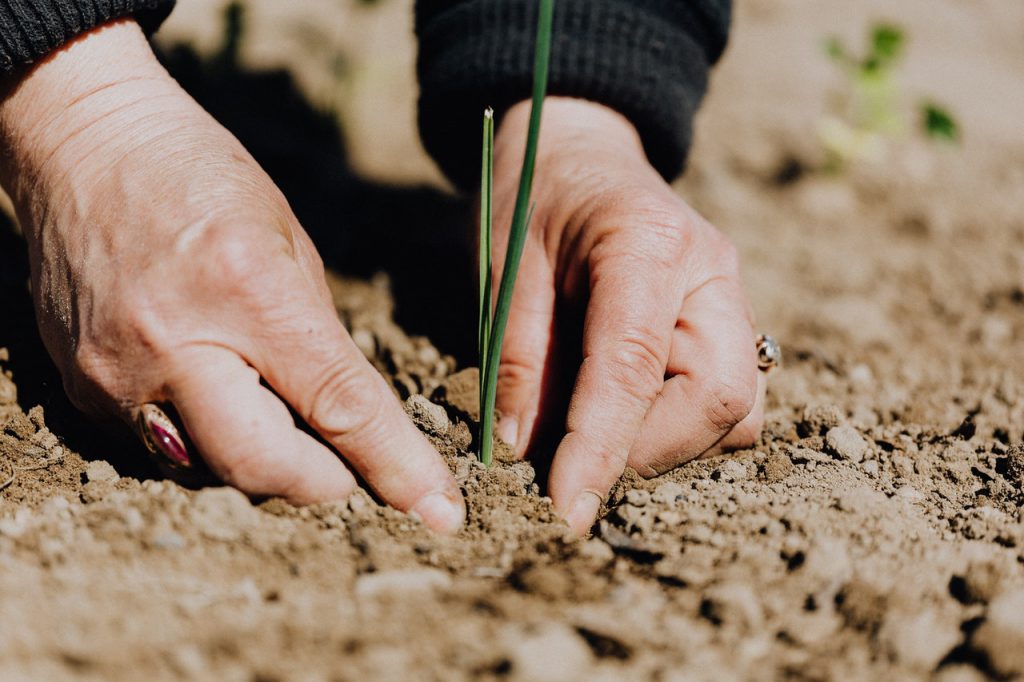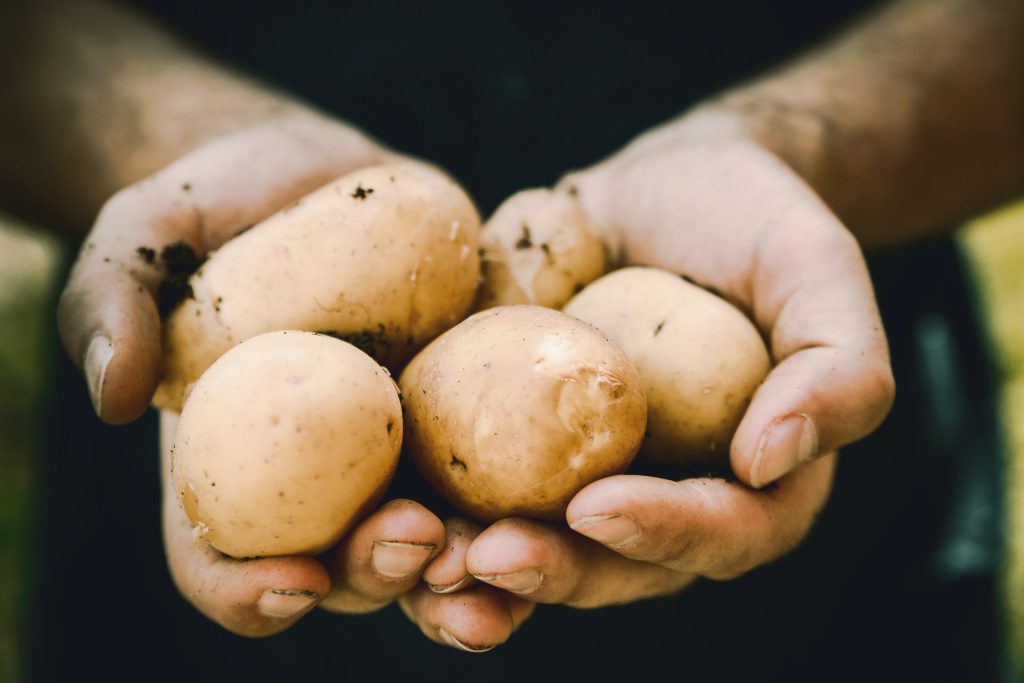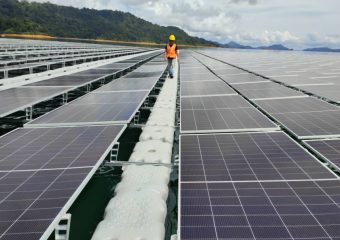Entrepreneurship is the ability to generate innovative ideas and turn it into a business enterprise to earn profit.
Agricultural entrepreneurship, also known as agripreneurship, can be defined as applying the fundamentals of starting a business into the marketing, production and other aspects of various agricultural products and inputs.
Agricultural markets across the world have been seeing a significant change over the past few decades as international trading becomes easier and local markets shrink.

Small local farms are forced to compete with large national agricultural corporations, increasing the gap between local and global markets.
Agripreneurship was introduced to support farmers as well as agricultural industries by improving production methods and increasing market engagement.
Now is the time to start agripreneurship for those interested, because agriculture in Malaysia is set to grow exponentially, as the government is looking to reduce its RM50 billion food import bill by investing sustainably in this sector.
Commercialisation of agricultural products is difficult, especially when small farmers don’t have enough resources to do so.

To combat this, small farmers should turn to entrepreneurship and create local agriculture clusters with other small farmers in the area to increase their production together, because competing with large corporations is bound to be arduous.
In order to achieve synergy, local farmers need to create their value chains. Value chains are sets of connected stakeholders cooperating with one another to add more value to their products and help increase efficiency, productivity and competitiveness.
Becoming a successful agripreneur means that farmers need to be technically competent, innovative and be able to plan ahead to gear up their farm businesses through the stages of enterprise development.
Over the years, the Malaysian Government has given much assistance to small farmers through a wide range of public grants, incentives and programmes to become entrepreneurs.

The Ministry of Agriculture and Food Industries’ (MAFI) Young Agropreneur Programme implemented in 2014 saw over 5,000 participants between 2016 and 2020, which shows that more youth are becoming interested in pursuing a career in agriculture.
For agricultural technology, much assistance has also been given to the research and development (R&D) stages.
For example, Cradle Fund Sdn Bhd creates an ecosystem that supports a strong and innovative business-oriented environment for technology entrepreneurs.
R&D is highly important in agricultural entrepreneurship, as innovations in this field will reap high benefits for the sector and people.
There are many challenges that small farmers will have to face when entering agripreneurship, from economic barriers to risks and changes to seize opportunities.
The agripreneurship ecosystem, alongside the agricultural sector itself, is in a constant state of improvement, especially at a time where the need for self-sufficiency in food production is more crucial than ever.
Photo by Quang Nguyen Vinh from Pexels.




